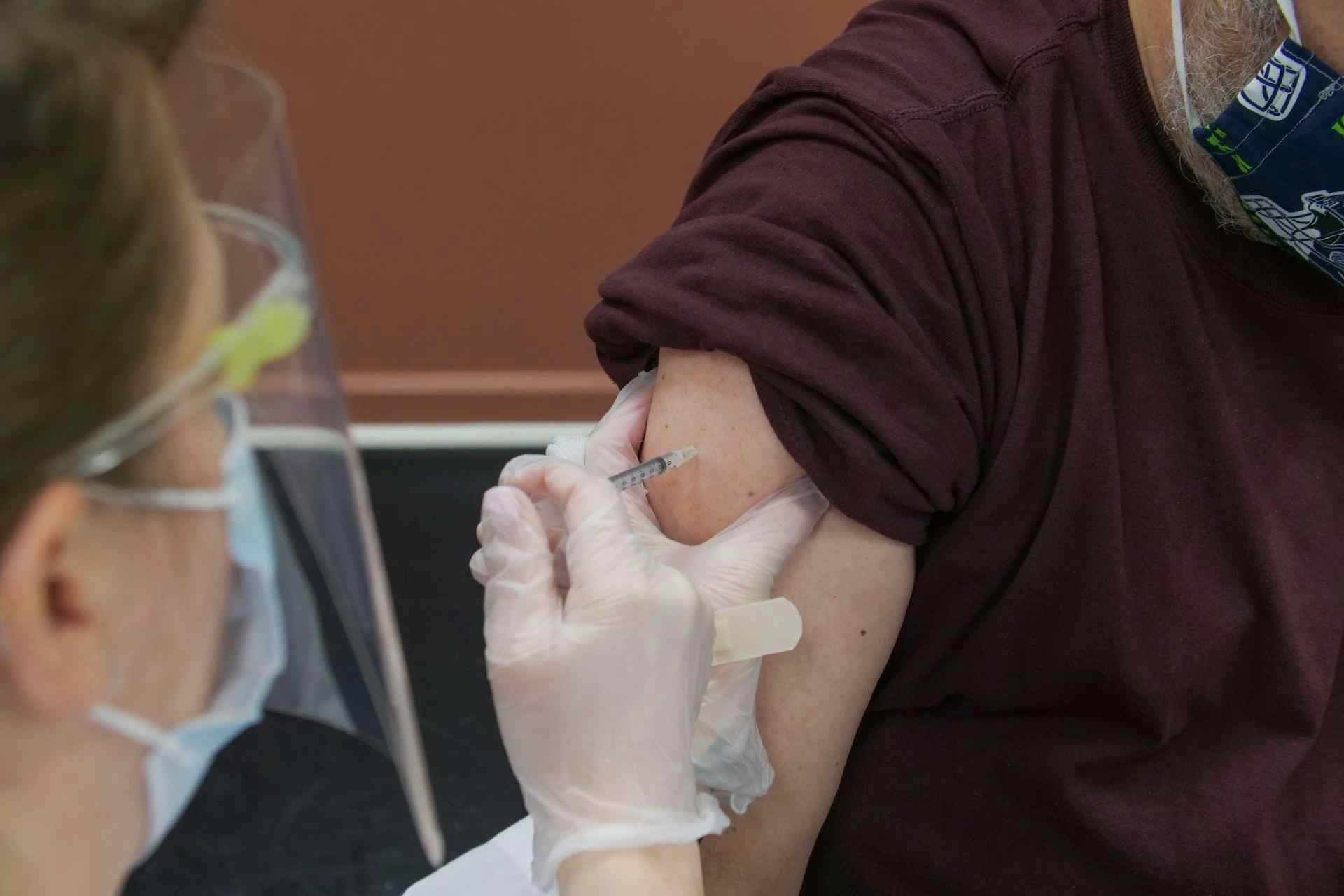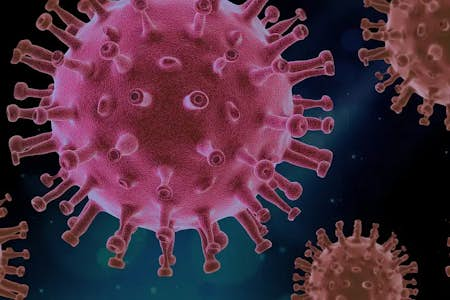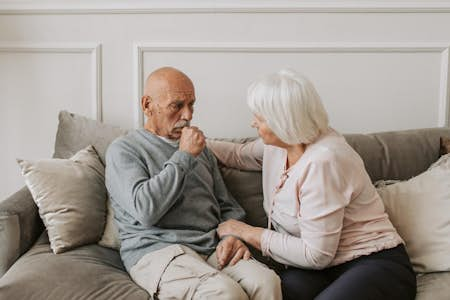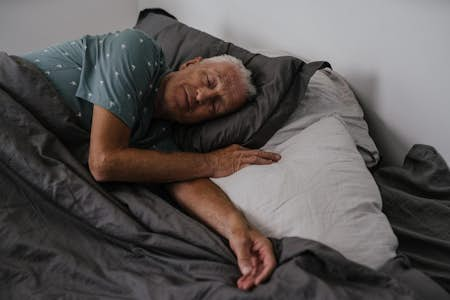Government officials have admitted that they could bring second Covid vaccine doses in some regions forward. This could happen in areas where the Indian variant of the virus is more prevalent in a bid to reduce transmission.
In addition, officials have said they could introduce local restrictions in the worst-hit areas despite the national lockdown easing over the coming weeks.
According to the vaccines minister, Nadhim Zahawi, the vaccination programme will become more flexible so that second doses can be prioritised where they are most needed. In addition, younger people in these areas could also get their vaccinations more quickly, particularly where there is a risk of transmission to older generations.
Cases of Indian variant on the rise
Figures released by the government have shown that cases of the Indian variant are on the rise. Public Health England recorded 520 cases up to 5th May, but this has now more than doubled to over 1,300. Some of the worst-hit areas include Bolton, London, Nottingham, and Tyneside.
While the figures are concerning given lockdown is easing over the coming weeks, the Department of Health & Social Care has said there is "no firm evidence yet to show this variant has any greater impact on severity of disease or evades the vaccine."
However, officials from the department also said local restrictions could be imposed in the affected areas if evidence suggested they were necessary. This would be to help contain the variant and reduce the risk of another national problem.
Concerns as the country reopens
Prime Minister Boris Johnson is still planning to go ahead with the scheduled easing of lockdown, the next stage of which takes place on 17th May. However, some have expressed concerns that as the country reopens, the local cases of the Indian variant could quickly become national cases.
Some have said that surge testing in affected areas is the way to try and tackle the issue. Others argue that while surge testing can identify cases, it will do nothing to stop the spread as the country comes out of lockdown and restrictions are eased.
Mr Zahawi has already said that nothing can be ruled out when asked whether there could be local lockdowns in certain areas. He claimed, however, that surge testing was the most effective method of dealing with the Indian variant. Testing is already taking place in 15 areas around the country.
Image Credit: Steven Cornfield at Unsplash






